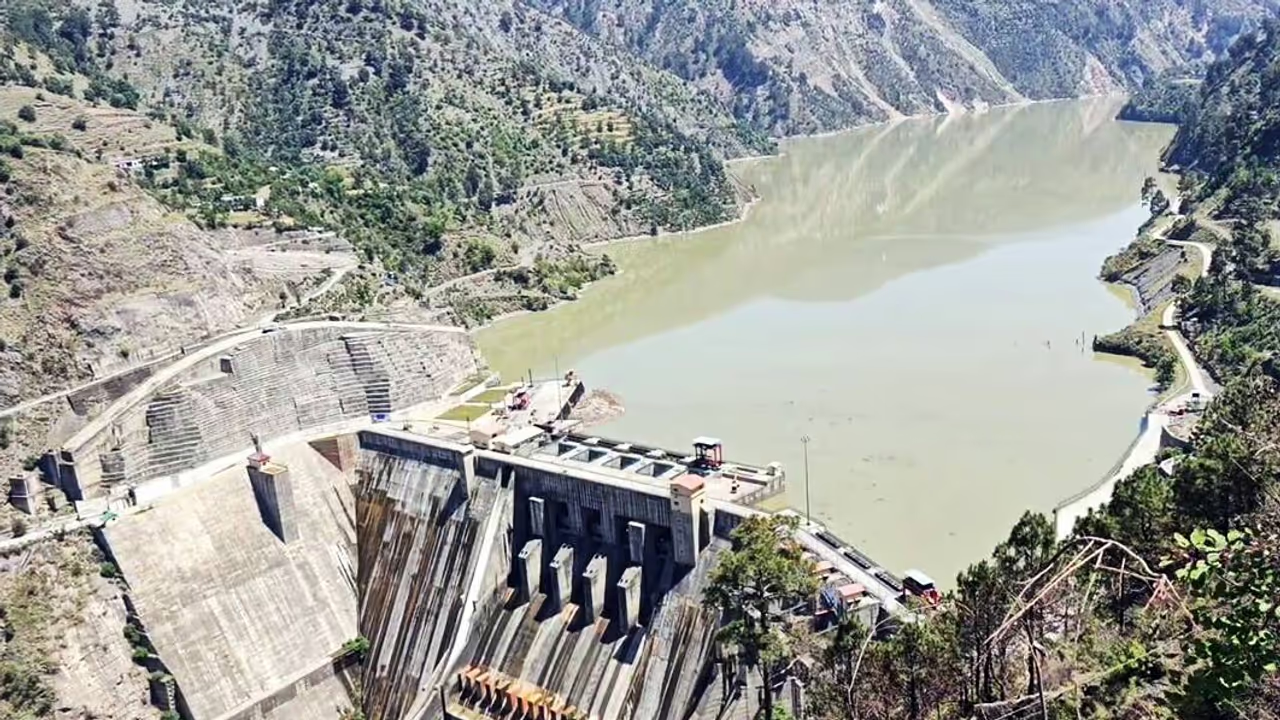India suspends the Indus Waters Treaty after a terrorist attack, raising legal, diplomatic, and geopolitical concerns across South Asia.
In a tough response to the killing of 26 tourists in Pahalgam by terrorists from The Resistance Front, India’s Cabinet Committee on Security announced that the Indus Waters Treaty of 1960 will be put on hold immediately. This suspension will remain until Pakistan clearly and permanently stops backing cross-border terrorism.

This effectively signals the end of the 1960 Indus Waters Treaty. The treaty has no clause that allows one country to cancel it on its own. According to Article XII (4), it can only be ended if both India and Pakistan agree through a formally signed and ratified agreement (officially approved by both governments).
Can the Vienna Convention Justify India’s Move?
Many Indian experts believe that Articles 60 and 62 of the Vienna Convention on the Law of Treaties (VCLT) could be used to cancel the Indus Waters Treaty. These articles allow a treaty to be ended if one side seriously violates it or if key circumstances change. However, India is not a member of the VCLT, and while Pakistan has signed it, it hasn’t officially approved (ratified) it.
Using Article 62 of the Vienna Convention to end the Indus Waters Treaty may seem like an easy option, but it's difficult to justify legally. Also, putting the treaty on hold could draw global attention to the water-sharing issue between India and Pakistan, possibly turning it into an international matter.
Pakistan Plans Legal Action on International Platforms
Putting the Indus Waters Treaty on hold could turn the water-sharing issue between India and Pakistan into an international dispute. Pakistan’s Minister of State for Law and Justice, Aqeel Malik, told Reuters that they are considering three legal options:
- Taking the matter to the World Bank, which helped set up the treaty.
- Approaching the Permanent Court of Arbitration or the International Court of Justice in The Hague, claiming India broke the 1969 Vienna Convention.
- Raising the issue at the United Nations Security Council.
India might have its own reasons for putting the Indus Waters Treaty on hold. But if this move doesn’t go down well with its neighbouring countries, it could affect India’s political and diplomatic ties with them.
China May Rethink Water Cooperation with India
As reported by The Hindu, China, which is the upper riparian (or upstream country) for several rivers flowing into India, might use India’s suspension of the Indus Waters Treaty as an excuse to stop sharing water flow data or to not renew agreements (MoUs) on providing information about dams and other hydrostructures on rivers coming from Tibet.
As per The Hindu, India’s agreement with China to share water data on the Sutlej and Brahmaputra rivers has expired and is currently in the process of being renewed, according to the Ministry of Water Resources. Notably, during the 2017 Doklam standoff, China withheld this data from India but continued to share it with Bangladesh.
Impact on India’s Water Agreements with Bangladesh
Secondly, India and Bangladesh are preparing to renew the Ganga Water Treaty, which ends in 2026. But India’s move to suspend the Indus Waters Treaty could raise concerns and affect the talks. Right now, India and Bangladesh don’t have very warm ties, and this decision might create more tension. In Nepal too, some people may start urging their government to be more careful when making water or other deals with India. Even a few experts in Sri Lanka have begun suggesting that their country should be cautious when signing agreements with New Delhi.
( The author Girish Linganna of this article is an award-winning Science Writer and a Defence, Aerospace & Political Analyst based in Bengaluru. He is also Director of ADD Engineering Components, India, Pvt. Ltd, a subsidiary of ADD Engineering GmbH, Germany. You can reach him at: girishlinganna@gmail.com )


